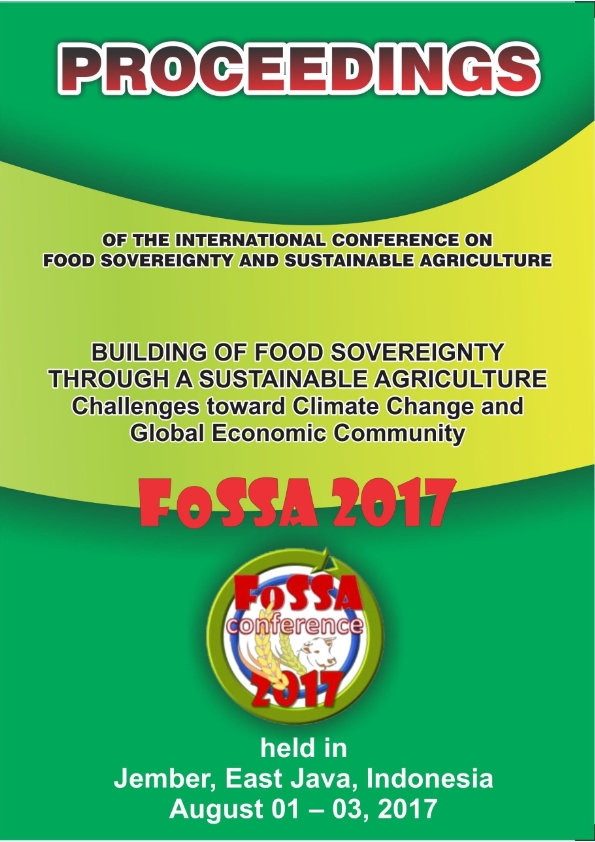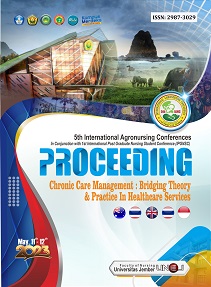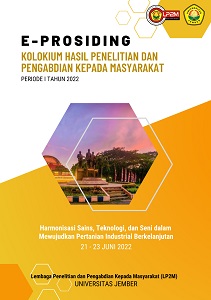THE EFFECTIVENESS OF LAW ENFORCEMENT IN COMBATING FOOD HOARDING CRIMES IN INDONESIA
Abstract
Indonesia already has legal instruments related to storing and hoarding staple food: Law No.
18 of 2012 on Food and Law No. 7 of 2014 on Trade. Repressive and preventive efforts have
been carried out to combat this problem. However, it is far from what expected resulted in
the frequent occurrences of food hoarding to date. The condition raises questions on how to
make an effective law enforcement in preventing recurring food hoarding in Indonesia. To
know the effectiveness of law enforcement as an effort to overcome the stockpiling of the
basic commodity, the theory of legal system is used. From the study conducted, it is proven
that the law enforcement of food hoarding is still ineffective. In addition, the Trade Minister
Regulation (Permendag), as mandated by Article 53 of Law No.18 of 2001., has yet to issue
the technical regulations which contribute to the failing in the substance of Food Law.
Moreover, it is necessary to limit the prohibited number/quantity of staple food to store or
hoard through government stipulation. From the structural side, there exists a sectoral ego
within institutions having authority on food security. Therefore, to establish a strong national
food institution which has a cross-sectoral authority is urgently required. The lack of control
from the society in the form of community participation in combating food hoarding crime
has more or less contributed to the ineffectiveness of law enforcement.









